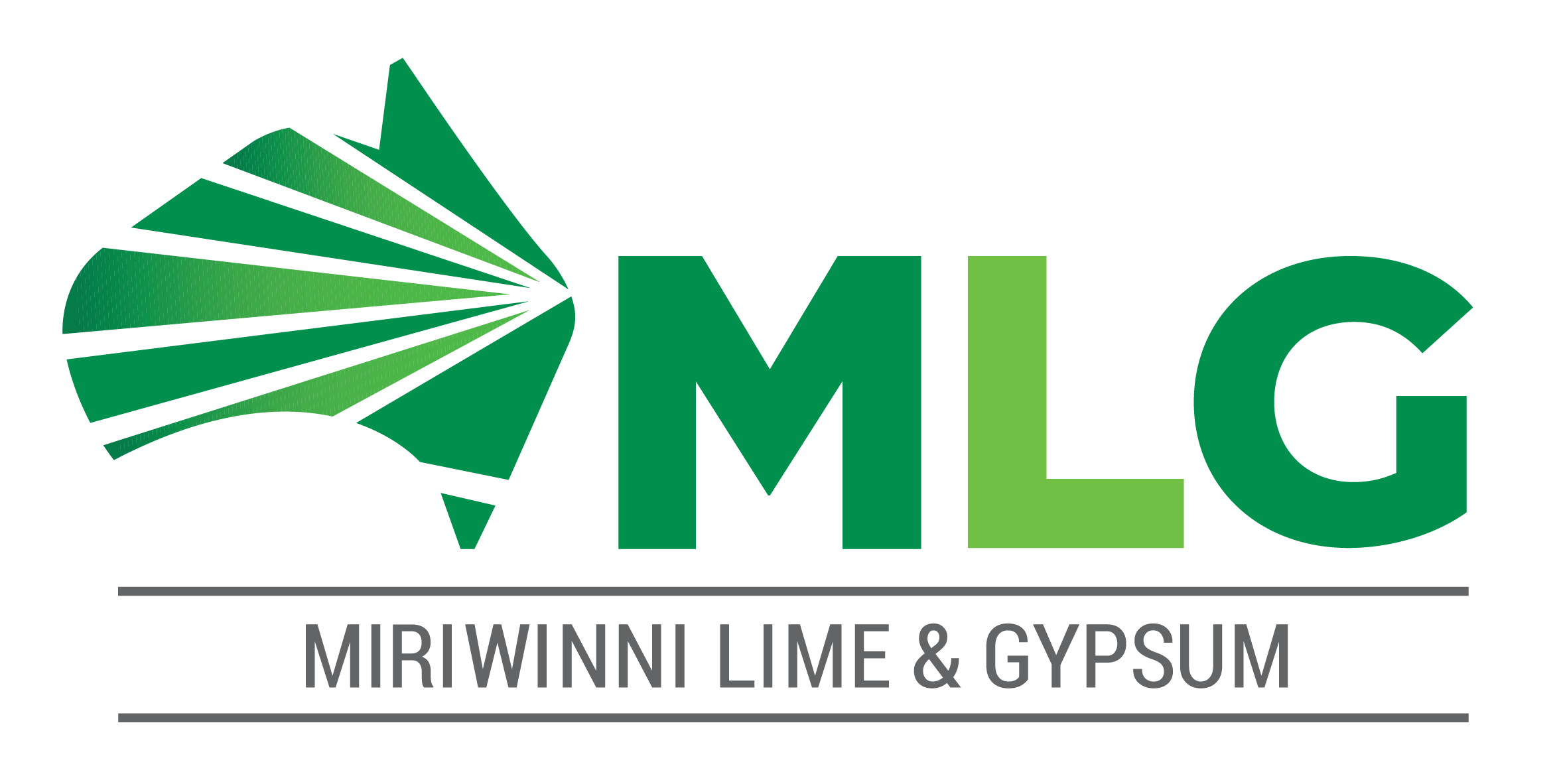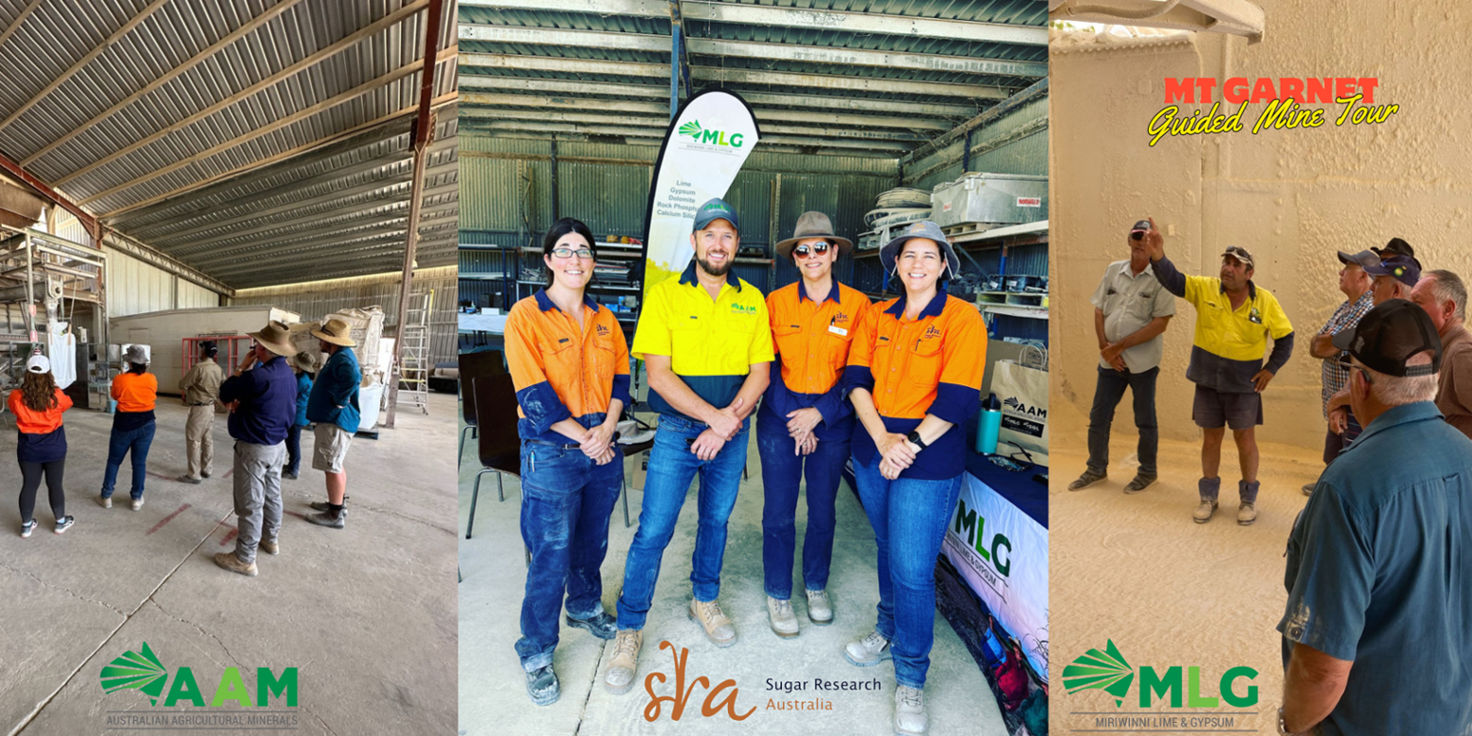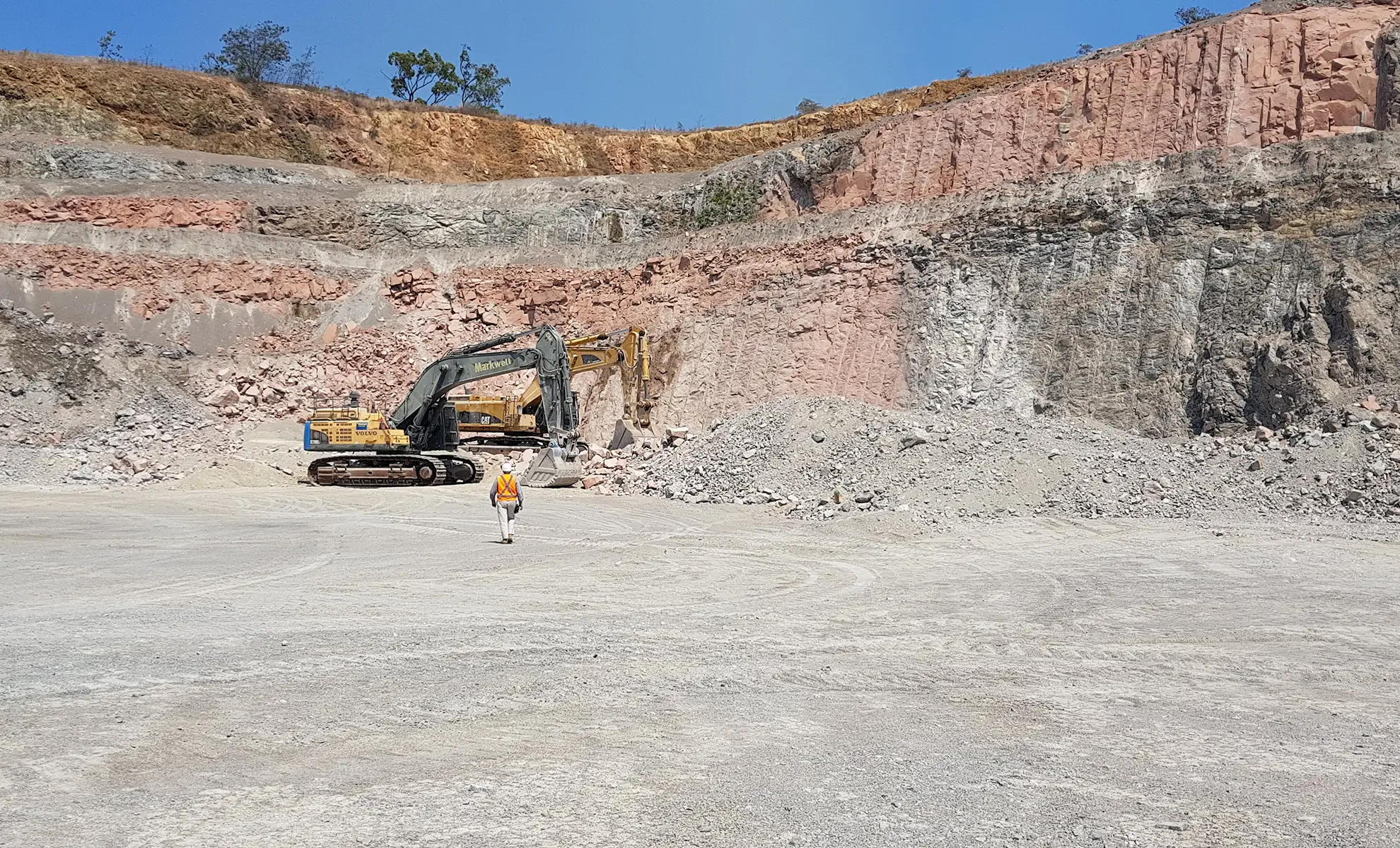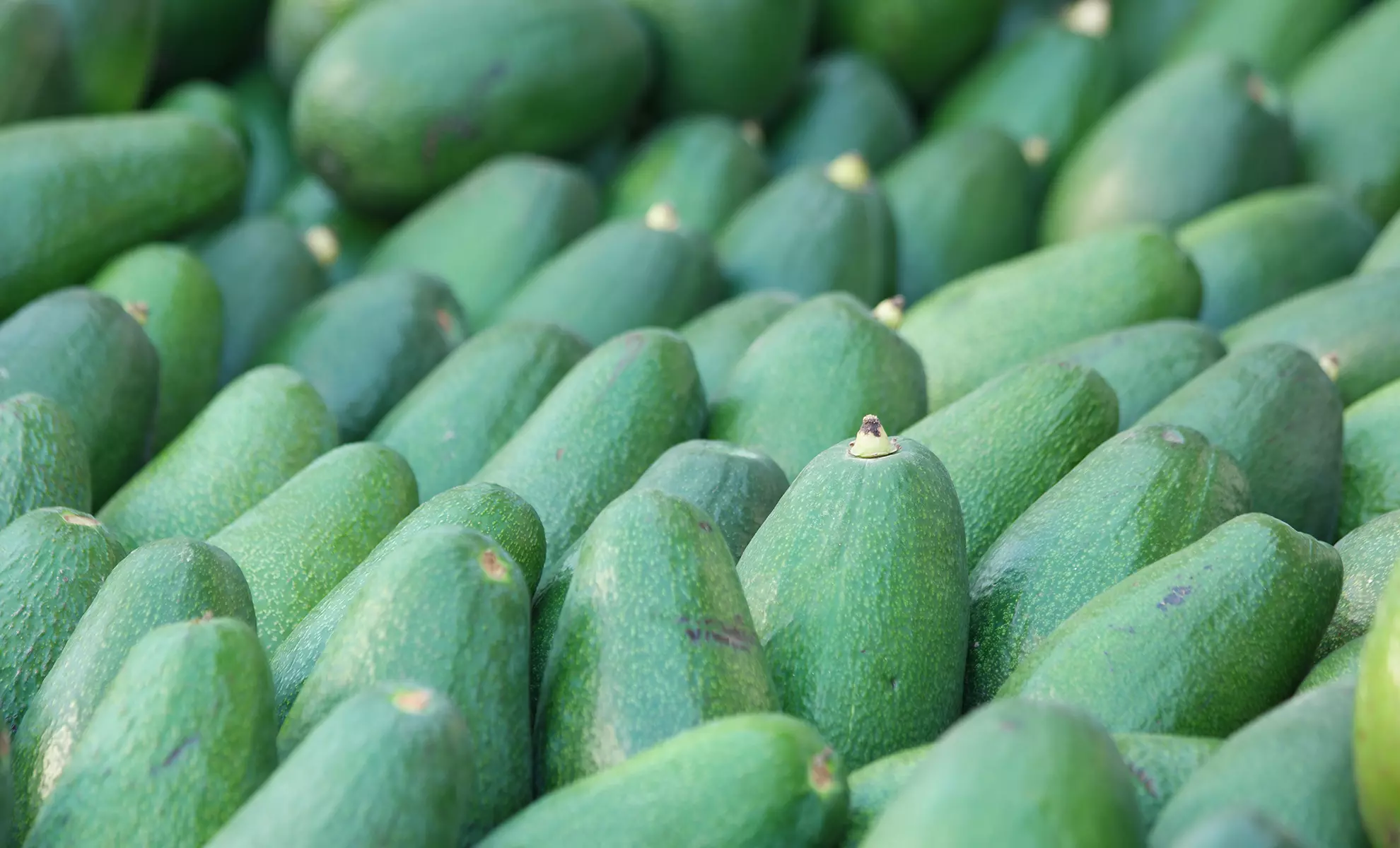Got questions? Our FAQ page has got you covered.
Why is finding out my soil pH important?
Whether you’re growing a crop, garden, or lawn there are many reasons why soil pH is important.
Here are a few:
Nutrient availability: Soil pH affects the availability of nutrients in the soil. For example, many essential plant nutrients, such as nitrogen, phosphorus, and potassium, are more available to plants at a pH between 6.0 and 7.5. If the soil pH is too low or too high, most nutrients will be less available to plants, which can affect their growth and health.
Toxicity: Soil pH can also affect the toxicity of certain elements in the soil. For example, aluminium and manganese can be toxic to plants at low pH levels, while high pH levels can cause the build-up of salts that can be toxic to plants.
Microbial activity: Soil pH can affect the activity of soil microorganisms, such as bacteria and fungi, which play an important role in soil health and nutrient cycling.
By testing the pH of your soil, you can determine if it is within the optimal range. If the pH is too low or too high, you can take steps to adjust it, such as adding lime to raise the pH or sulphur to lower it. This can help ensure that your crops are able to access the nutrients they need and grow to their full potential.
What rates do I apply my Lime at?
The rate at which you should apply Lime to your soil depends on several factors, such as the current pH of your soil, the type of crop you are growing, and the texture of your soil.
A soil test and advice from your local agronomist can help determine the appropriate rate of lime application for your specific soil and crop needs.
It is important to note that lime should be applied evenly across the soil surface, and incorporation into the soil after this is helpful to achieve best results.
How do I go about getting pricing?
There are a few ways to get pricing on the materials you need. These are:
- Pick up the phone and speak to our friendly office team on
07 4043 2200. - Email us at [email protected].
- Try our sales consultant Russell Lauridsen on 0408 705 127,
or email [email protected].
Are there any health concerns using MLG products?
MLG’s natural products are generally considered safe to use as soil amendments and do not pose significant health risks when used according to recommended practices. However, there are some safety precautions to keep in mind when handling these materials:
- Inhalation: Dust can irritate the eyes, nose, and throat if inhaled in large amounts. It is recommended to wear a mask or respirator when spreading these materials to avoid inhaling dust.
- Skin irritation: There can be some irritation to the skin. It is recommended to wear gloves, long sleeves, and pants when handling MLG products.
- Eye irritation: MLG products may cause eye irritation if they get into the eyes. It is recommended to wear safety glasses or goggles when handling these materials.
If you have any concerns or questions about the safety of using MLG products, don’t hesitate to get in contact with our office.
How often would you apply lime, gypsum, or dolomite?
The frequency of applying lime, gypsum, or dolomite to soil depends on various factors such as soil type, pH level, crop type, and other soil nutrient deficiencies. In general, it is recommended to test the soil every 2-3 years to determine the nutrient levels and pH. Based on the results of the soil test, you can decide whether to apply lime, gypsum, or dolomite to the soil.
Lime is typically applied when soil pH is too low (acidic), and the application frequency depends on how much the pH needs to be raised. It is generally recommended to apply lime every 2-3 years or as needed based on soil tests.
Gypsum is commonly applied to improve soil structure and drainage in heavy clay soils. The frequency of application can vary based on the severity of the soil compaction or the waterlogging issue. In general, it is recommended to apply gypsum every 3-5 years or as needed based on soil tests.
Dolomite is typically used to supply calcium and magnesium to the soil, and the frequency of application can depend on the crop requirements and soil test results. It is generally recommended to apply dolomite every 2-3 years or as needed based on soil tests.
It is important to note that the frequency and amount of application of these soil amendments should be based on the specific needs of the soil and the crops being grown, and consulting a local agronomist or a soil expert can be helpful in determining the appropriate application frequency.
Where do all the products come from? Are they sourced locally?
All MLG products are sourced in Central, North and Northwest Queensland. The distances are still vast but the extraction sites are the closest to the farms that we supply and spread onto.
- Lime is supplied and produced at Mt Garnet and Chillagoe in Queensland
- Gypsum is supplied and produced near Winton, Queensland
- Dolomite is supplied and produced at Mt Garnet, Queensland
- Soft Rock Phosphate is sourced from a third-party producer south of Cloncurry, Queensland
- Calcium Silicate is supplied and produced at Chillagoe, Queensland
- Magnesium Oxide and Magnesium Carbonate is sourced from a third-party producer in Rockhampton, Queensland
Enquiries
Still have a question?
We are here to answer any questions you may have about our products and services. Send a message and our team will get back to you shortly.





